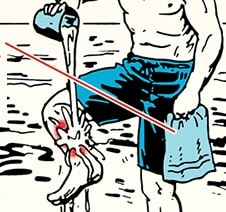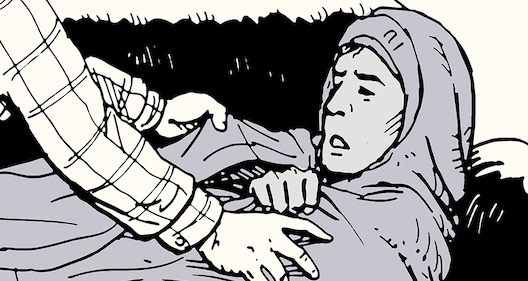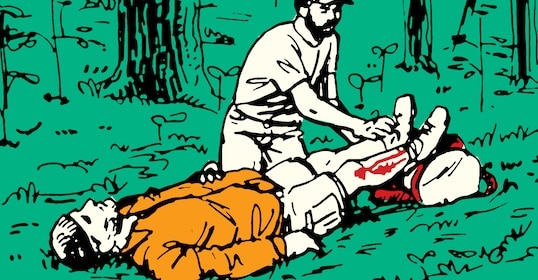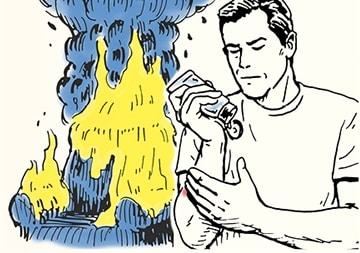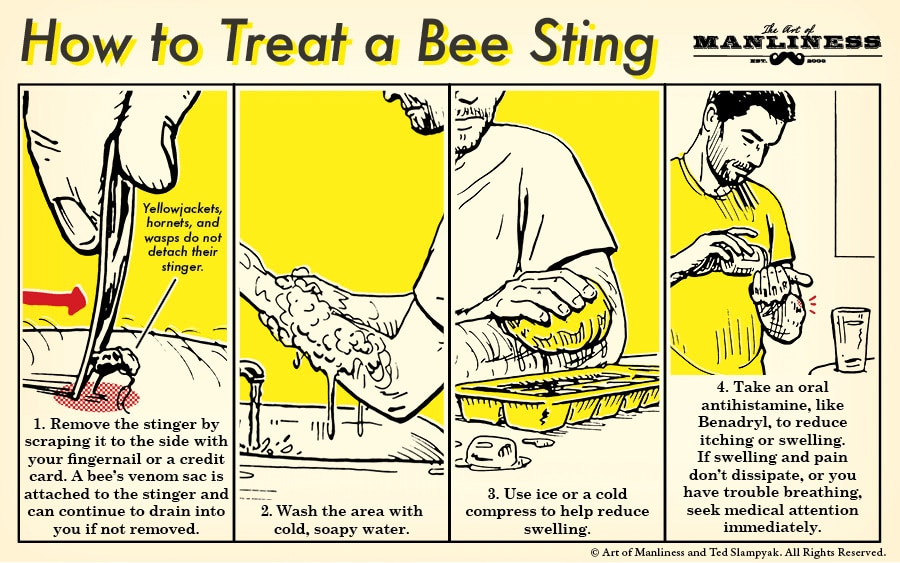
Were it not for their stings, bees would likely be viewed with the same playful fascination we give to butterflies and worms. But the reality is that housed in their little yellow-and-black bodies is a powerful stinger attached to a nasty little sac of venom just waiting to let you know you’re in the wrong place at the wrong time.
To be fair to bees, most stings are carried out by vespids, a classification of insects that includes things like wasps, yellow jackets, and hornets. While they look like bees, vespids are far more aggressive and don’t have the common decency to produce something delicious, like honey, as a means of making up for their brutish behavior.
Even though bees and vespids are thought of as summertime nuisances, the likelihood of stings actually goes up in early fall. At this time of year, populations of yellow jackets, wasps, and hornets are at their highest, and in preparation for winter, their diets have shifted to focus on more sugary foods, like our sodas, candies, and ice creams. The result is a greater chance of an encounter with a pest that’s more keen than usual on getting what you have. If you find yourself at the business end of an angry stinger, follow these steps to neutralize the pain and prevent excessive swelling.
1. Remove the stinger by scraping it to the side with your fingernail or a credit card. A bee’s venom sac attached to the stinger and can continue to drain into you if not removed.
2. Wash the area with cold, soapy water.
3. Use ice or cold compress to help reduce swelling.
4. Take an oral antihistamine, like Benadryl, to reduce itching or swelling. If swelling and pain don’t dissipate, or you have trouble breathing, seek medical attention immediately.
Like this illustrated guide? Then you’re going to love our book The Illustrated Art of Manliness! Pick up a copy on Amazon.


